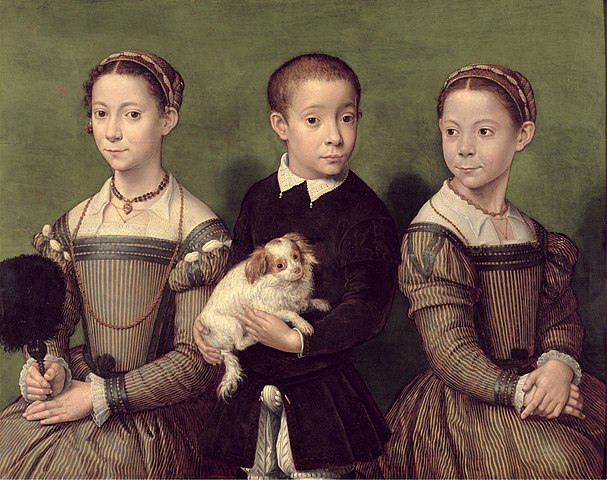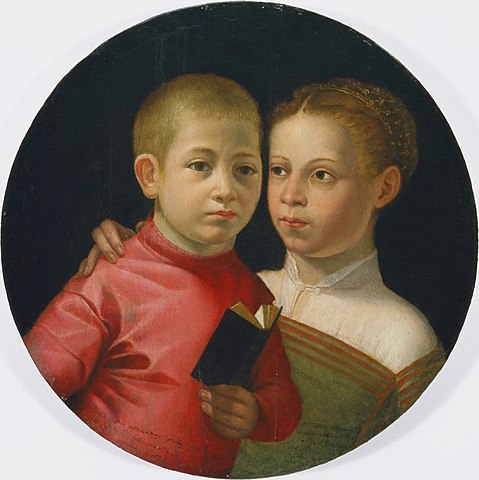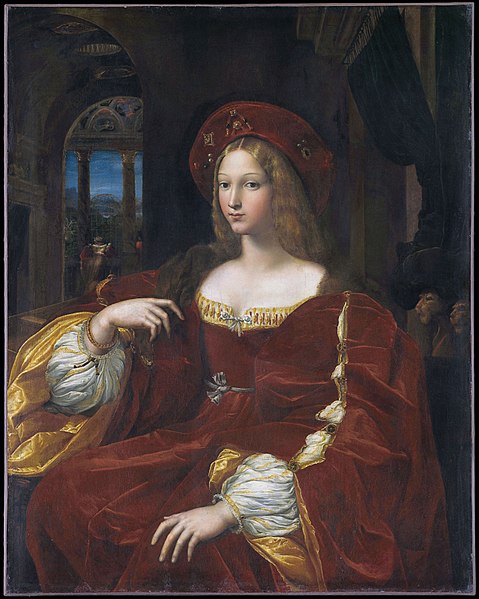
Through the generosity of the late Professor Benedict Anderson and Ajarn Charnvit Kasetsiri, the Thammasat University Library has newly acquired some important books of interest for students of Association of Southeast Asian Nations (ASEAN) studies, political science, sociology, and related fields.
They are part of a special bequest of over 2800 books from the personal scholarly library of Professor Benedict Anderson at Cornell University, in addition to the previous donation of books from the library of Professor Anderson at his home in Bangkok. These newly available items will be on the TU Library shelves for the benefit of our students and ajarns. They are shelved in the Charnvit Kasetsiri Room of the Pridi Banomyong Library, Tha Prachan campus.
Among them is a newly acquired book that should be useful to TU students who are interested in art, cultural studies, European history, sociology, architecture, religious studies, literature, and related subjects.
The Civilization of the Renaissance in Italy is a work on the Italian Renaissance by Swiss historian Jacob Burckhardt.
The TU Library collection includes other books by and about Jacob Burckhardt.
Burkhardt is admired today because his cultural analysis included aspects of politics, religion, and other societal elements as expressed in paintings, buildings, social and political habits, and literature.
The Civilization of the Renaissance in Italy is divided into six parts:
- Part One: The State as a Work of Art
- Part Two: The Development of the Individual
- Part Three: The Revival of Antiquity
- Part Four: The Discovery of the World and of Man
- Part Five: Society and Festivals
- Part Six: Morality and Religion

Part of an appreciation from the Guardian newspaper follows:
The Civilization of the Renaissance is a disturbing book. It is a vision of modernity – but a dark and haunted one. The first section is titled “The State as a Work of Art”. Burckhardt sees the source of the Italian Renaissance in politics, for in the middle ages, while France and Britain centralised their monarchies, Italy resisted control by either the Holy Roman Empire or the Papacy and instead became a barbed collection of micro-states. “In them,” Burckhardt argues, “for the first time we detect the modern political spirit of Europe, surrendered freely to its own instincts, often displaying the worst features of an unbridled egotism, outraging every right, and killing every germ of a healthier culture.”
This is his theme – the birth in the Italian cities 600 years ago of an “egotism” that begins in politics and war and flows into art and culture and everyday life. In Europe in 1860 it was impossible not to wonder about the origins of the modern world. Life was changing at an unprecedented rate. Factories, railways and the triumph of capital, photography and iron-clad ships erased the immobility of the ages. In 1859 Darwin published his evidence that even nature is defined by ceaseless, unsettling change. In 1867 Karl Marx would publish the first volume of Capital, in which history is a forward movement driven by the engine of class conflict.
Burckhardt, like Darwin and Marx, wrote an epic of turbulence, change, transformation – he found in the Italian Renaissance the very birth of what he saw as the most striking aspects of the modern world. Italians never really knew feudalism, he argued. They had no time for the corporate character of medieval life. The second section of his book is called “The Development of the Individual” and portrays the typical Renaissance man as “the first-born among the sons of modern Europe.”
Burckhardt’s panorama of the ruthlessness of the Italian despots relies heavily on Machiavelli’s writings. Indeed he sees the entire Renaissance through Machiavellian, meaning political, eyes. In contrast to Marx and today’s historians of the consumerist “material culture” of the Renaissance, he starts with politics and holds that the development of the Machiavellian state liberated Italian energy. Another source he cites is Francesco Guicciardini, a friend of Machiavelli whose great History of Italy, written in the 1530s, compares with Tacitus for its disabused gloom and which flavours Burckhardt’s own cynical melancholy.
The Civilization of the Renaissance in Italy is a classic of modernism. Its discomfort – the abrasive stress on violent change – is akin to the works of art that in Burckhardt’s day were at once quoting and mocking the past in an effort to represent the new. In 1863, in Paris, Manet painted Olympia, a portrait of a naked young woman reclining on a bed. Contemporaries saw her as a prostitute and recognised, with shock, that she is imitating the pose of Titian’s Venus of Urbino in the Uffizi. Manet’s painting is identical in mood to Burckhardt’s cultural history. Manet reaches back to the erotic art of the Italian Renaissance to create an ironic, shockingly unsentimental image of his own time. In just the same way and just as provocatively, Burckhardt finds in the schemes of Machiavelli a mirror of the new world of atomised individualism into which his own time was hurled. It is no coincidence that Sigmund Freud, whose unveiling of the unconscious was central to the collapse of Victorian self-confidence, reached back to Burckhardt in writing his own Renaissance study, Leonardo da Vinci and a Memory of His Childhood. For in the Swiss scholar’s haunting and eerie masterpiece, there is a madness lurking.

Here are some thoughts by Jacob Burckhardt from his writings, some of which are in the TU Library collection:
- Nothing in the world is better suited to laziness than orthodoxy. If you gag your mouth, stop up your ears and put a blinder over your eyes, you can sleep peacefully.
- It is the historian’s function, not to make us clever for the next time, but to make us wise forever.
- The seventeenth century is everywhere a time in which the state’s power over everything individual increases, whether that power be in absolutist hands or may be considered the result of a contract, etc. People begin to dispute the sacred right of the individual ruler or authority without being aware that at the same time they are playing into the hands of a colossal state power.”
Jacob Burckhardt, Judgments on History and Historians
- Thus what the word Renaissance really means is new birth to liberty—the spirit of mankind recovering consciousness and the power of self-determination, recognizing the beauty of the outer world and of the body through art, liberating the reason in science and the conscience in religion, restoring culture to the intelligence, and establishing the principle of political freedom.
Jacob Burckhardt, The History of the Renaissance
- Every generation is equidistant from God.
Jacob Burckhardt, Judgments on History and Historians

(All images courtesy of Wikimedia Commons)
